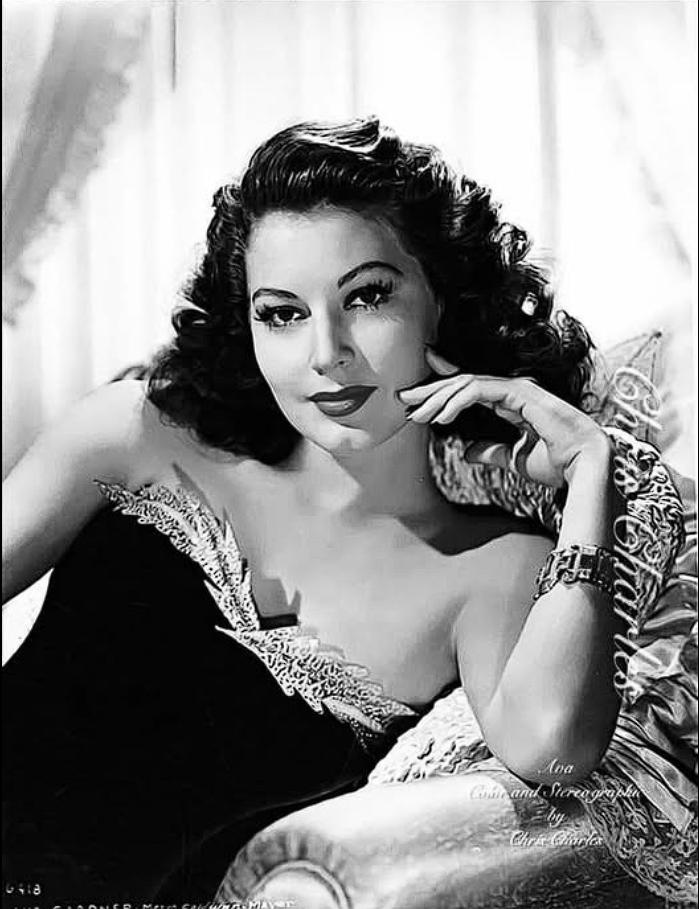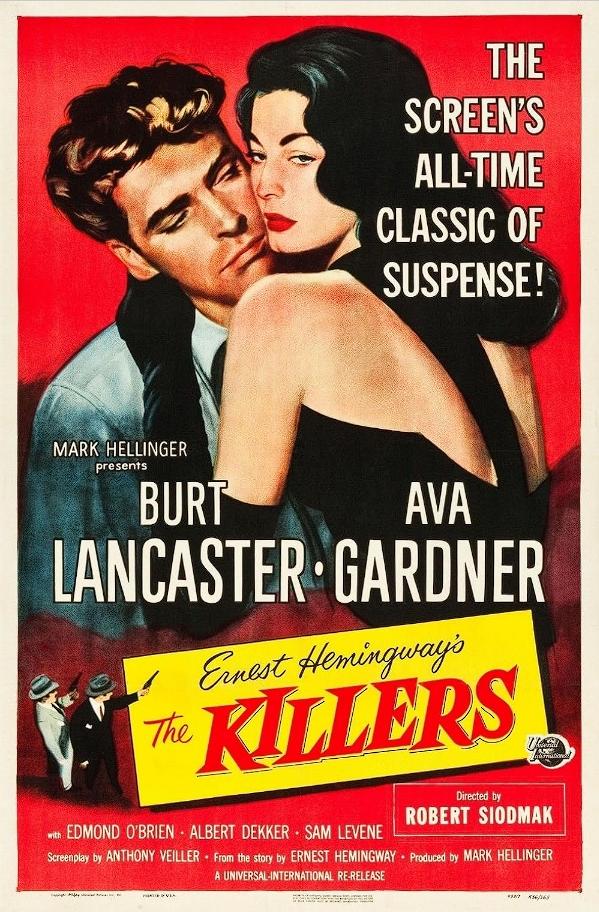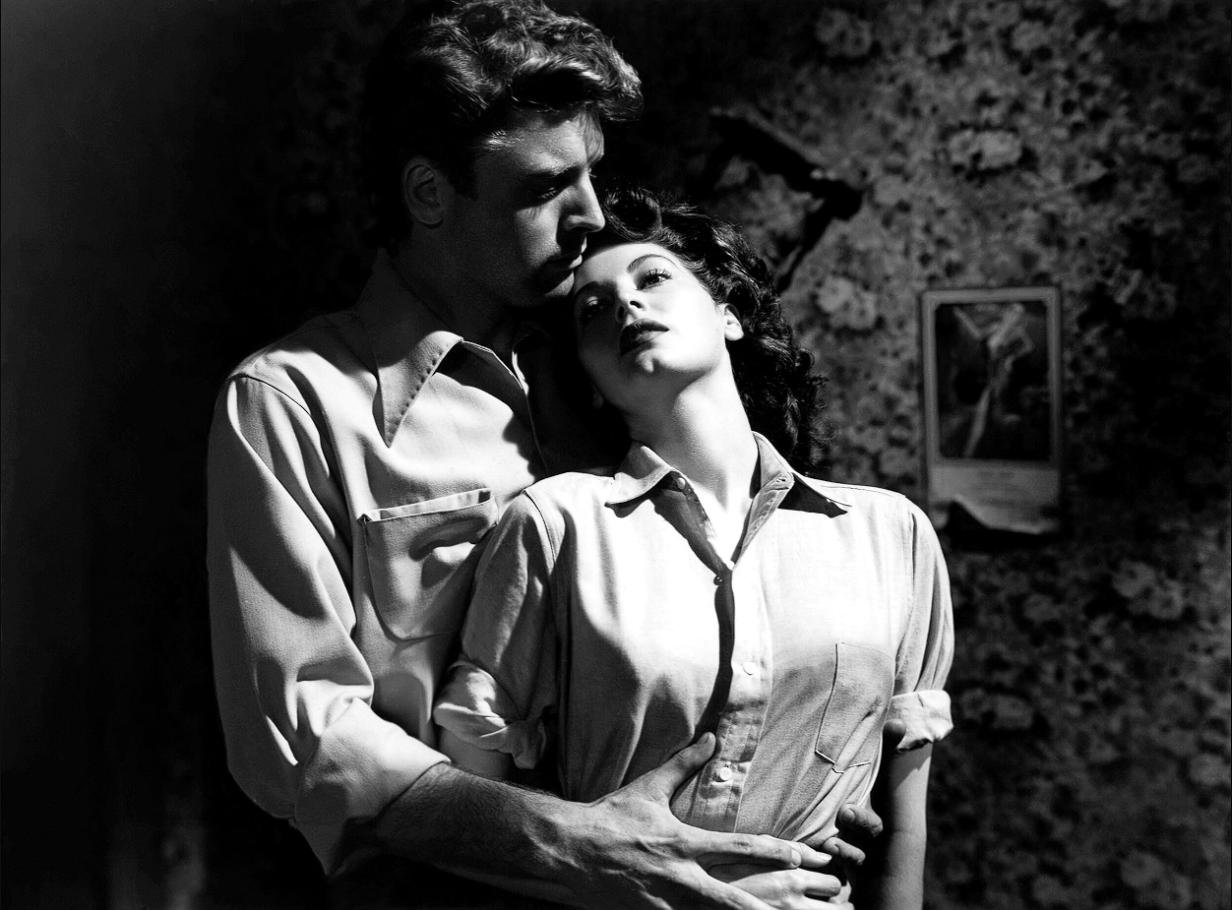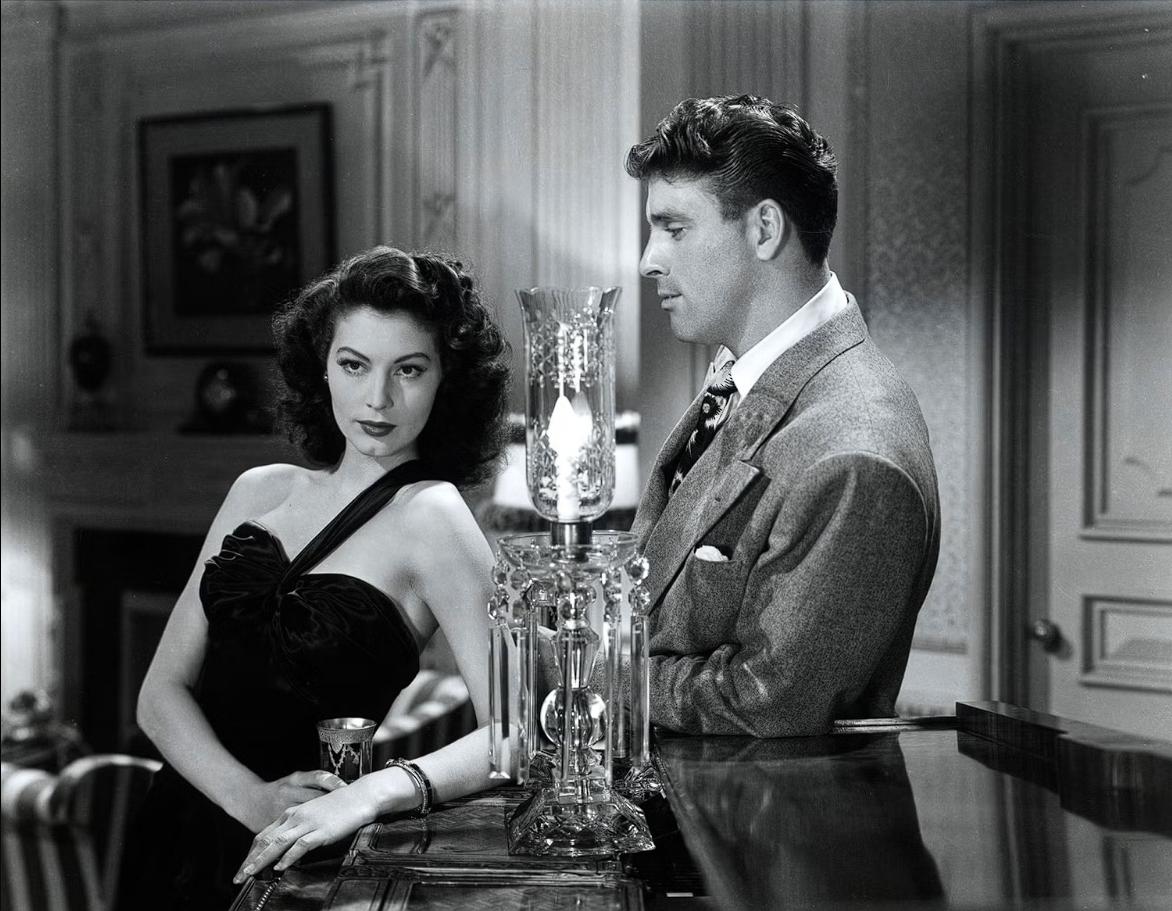Ava Gardner: The Iconic Movie Star Who Redefined Femininity in Cinema
When Ava Gardner looked at you, it wasn’t an invitation—it was a verdict. A single glance, filled with quiet intensity, could command an entire room, making it tilt in her direction. This gaze defined an era of cinema—cool, unreadable, and electric with danger. Ava was not just a star; she was a force, an icon whose presence transcended the screen.
A Transformative Role: The Killers (1946)
In The Killers (1946), Ava Gardner’s portrayal of Kitty Collins was nothing short of groundbreaking. With a mere look, she captured the camera, holding it hostage through silence and mystery. This role wasn’t just a turning point for her career—it marked the beginning of a new portrayal of femininity in Hollywood. Gone were the sweet, innocent ingénues. Ava’s characters were tough, complex women shaped by life’s harsh realities, not by the typical romance storylines of the time.
Dominating the Silver Screen: The Late ’40s and Early ’50s
By the late ’40s and early ’50s, Ava Gardner became much more than a movie star. In films like One Touch of Venus and Pandora and the Flying Dutchman, she moved through each frame as if she owned it. Hollywood didn’t touch her face—it didn’t need to. Arched brows, nearly bare lips, and striking bone structure were all she needed to convey power and allure. Photographers such as Clarence Sinclair Bull and George Hurrell captured these moments, ensuring her image would be forever etched in the minds of audiences around the world.
Mogambo (1953): Untouchable
By the time Mogambo (1953) came around, Ava Gardner had reached untouchable heights in Hollywood. It wasn’t her glamorous costumes or exotic sets that made her a star—it was her unspoken command of every scene. With a lifted chin and narrowed eyes, she could say everything without uttering a word. Her presence was so commanding that dialogue became unnecessary. Ava’s gaze was all she needed to make her mark.
A Star Who Stared Down the Camera
Ava Gardner never performed for the camera; she stared it down. She wasn’t there to play a role for the audience; she was there to make the audience watch her. And every time, the camera blinked first. Her power wasn’t in her lines or the roles she played—it was in her ability to dominate the screen with nothing but a look, making her one of the most iconic actresses of her generation.
